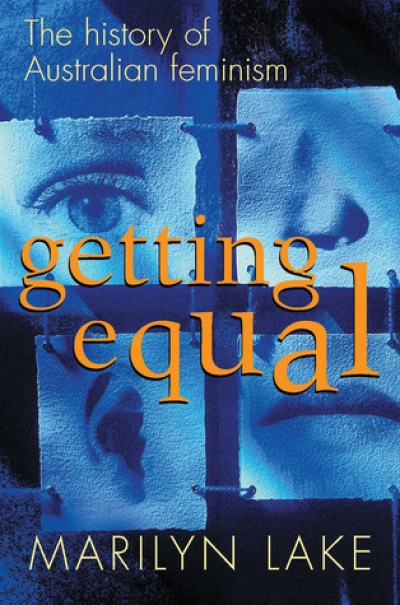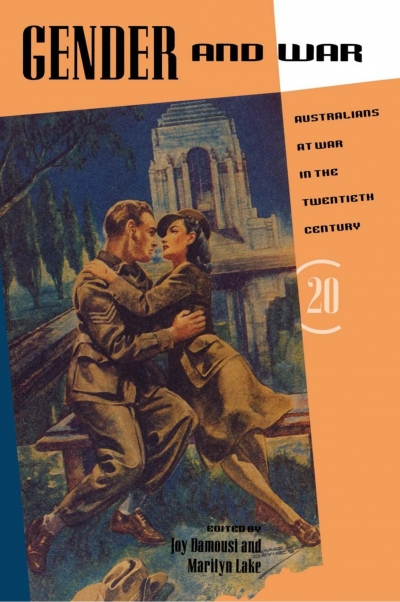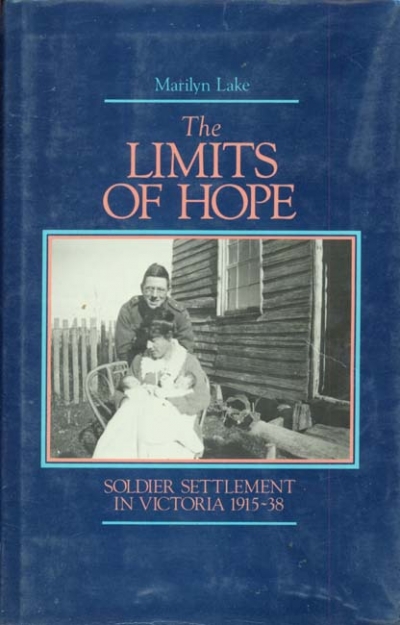Marilyn Lake
Getting Equal: The history of Australian feminism by Marilyn Lake
by Jenna Mead •
Gender and War: Australians at war in the twentieth century edited by Marilyn Lake and Joy Damousi
by Jeff Grey •
The Limits of Hope: Soldier settlement in Victoria 1915–1938 by Marilyn Lake
by Jill Roe •
Double Time: Women in Victoria – 150 Years edited by Marilyn Lake and Farley Kelly
by Kate Ahearne •





